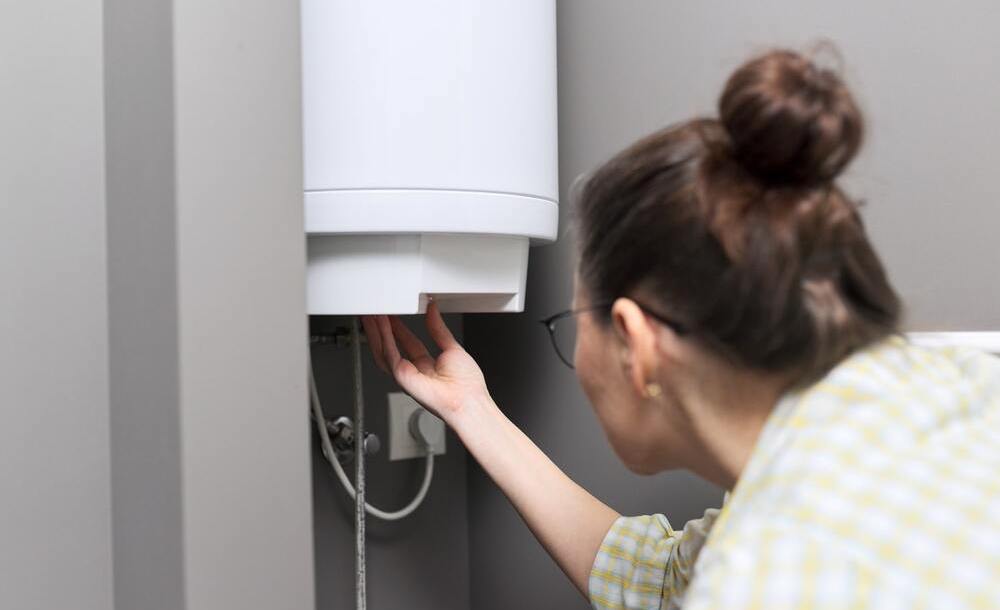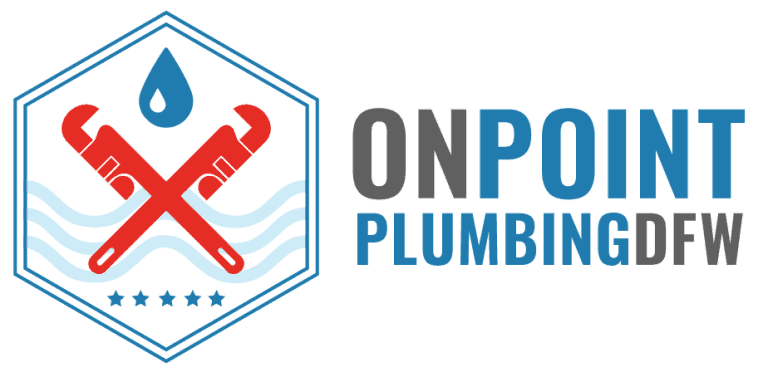
Your home’s water heater plays a crucial role in providing a steady supply of hot water for various daily tasks. However, if you’ve noticed strange noises emanating from your water heater, it might be an indication that something is amiss. Popping, knocking, hissing, or high-pitched sounds are not mere annoyances but crucial warning signs. In this comprehensive guide, we delve into the reasons behind these unsettling noises, explore the risks of ignoring them, and provide practical solutions to address each concern. From sediment buildup to pressure relief valve malfunctions, understanding these issues and promptly opting for professional water heater repairs are key to ensuring its longevity, efficiency, and safety.
Don’t let these sounds go unnoticed—learn why they matter and how to silence them effectively.
Identifying The 4 Strange Water Heater Noises
Recognizing the distinct sounds your water heater produces is crucial for proactive maintenance. Popping, knocking, hissing, or high-pitched noises indicate specific issues that require immediate attention and resolution.
Popping Noise
The distinct popping emanating from your water heater signals a common issue – sediment buildup. As water heats within the tank, it battles through sediment at the tank’s bottom, generating a noticeable popping noise. Regular maintenance, like flushing the tank, can mitigate this concern.
Knocking Noise
A rhythmic knocking within your water heater suggests internal components are expanding and contracting during the heating process. This could be due to temperature fluctuations or problems with the heating element. Ensuring consistent temperatures and inspecting the heating element can help alleviate these disruptive sounds.
Hissing Noise
The ominous hissing noise often signifies a potential leak. If water escapes the tank and meets the heating element, it evaporates, producing a distinct hissing sound in the water heater. Swiftly addressing leaks is paramount to preventing structural damage and ensuring safety.
High-Pitched Noise
A high-pitched tone by a water heater may be traced back to a malfunctioning pressure relief valve or water flow issues. Timely attention to these noises is crucial to preventing prolonged damage. Regularly checking the pressure relief valve and maintaining optimal water flow can help silence these unsettling sounds and maintain your water heater’s efficiency.
Why Ignoring These Noises Is Risky?
Neglecting water heater noises poses serious risks, leading to potential tank damage, increased energy inefficiency, and safety concerns. Addressing these issues promptly is paramount for home safety.
Potential for Tank Damage:
Sediment accumulation poses a serious threat, elevating pressure within the tank and gradually compromising the water heater’s structural integrity. Overlooking the subtle signs of popping or knocking noises may expose your tank to heightened risks, including leaks or, in extreme cases, rupture.
Energy Inefficiency:
A water heater grapples with sediment and struggles to perform optimally, resulting in increased energy consumption. This inefficiency not only burdens your utility bills but also places unnecessary strain on the system as it labors to heat water, highlighting the importance of addressing sediment-related issues promptly.
Safety Concerns:
Hissing sounds should never be underestimated, as they often signal a water leak, introducing safety and structural hazards. Ignoring these auditory warnings may precipitate water damage, fostering an environment conducive to the insidious growth of mold. Prioritizing the resolution of these concerns is paramount to maintaining both the safety and longevity of your water heating system.
Addressing Water Heater Noises:
Effectively managing water heater noises involves proactive measures. From routine tank flushing to meticulous component inspections, explore practical solutions to ensure a silent, efficient, and safe system.
Flushing the Tank:
Regularly flushing the tank is a proactive measure to eliminate sediment buildup, mitigating the risk of disruptive popping or knocking noises which a water heater makes. For optimal results, refer to your water heater’s manual for DIY instructions or enlist professional assistance to ensure adherence to proper flushing techniques and maintain the system’s efficiency.
Checking the Pressure Relief Valve:
Persistent high-pitched noises warrant a close examination of the pressure relief valve. Confirm its functionality, and if found faulty, immediate replacement becomes paramount for sustaining a secure water heater environment and preventing potential safety hazards.
Inspecting for Leaks:
The urgency of hissing sounds necessitates a meticulous inspection for leaks. Thoroughly examine your water heater and its surroundings, swiftly addressing any detected leaks to forestall extensive damage and curtail the likelihood of expensive repairs.
Professional Maintenance:
Consider incorporating regular professional maintenance into your water heater care routine. Entrusting a qualified plumbing technician ensures a comprehensive assessment, identification, and resolution of potential issues before they escalate, contributing to the sustained longevity and optimal efficiency of your system. This proactive approach secures a reliable and safe hot water supply for your home.
Concluding Reasons Behind Water Heater Noises:
In conclusion, proactive management of water heater noises is crucial for maintaining a silent, efficient, and safe system. Regular maintenance, timely repairs, and professional inspections are paramount. At On Point Plumbing, we prioritize the longevity and performance of your water heater, ensuring your home enjoys a reliable and quiet supply of hot water. Don’t let these sounds go unnoticed—trust our water heater experts in Bedford, TX, to address concerns promptly and keep your water heater operating at its best. Your comfort and safety are our top priorities at On Point Plumbing DFW.
Furthermore, investing in a water heater blanket can enhance efficiency by minimizing heat loss. Insulating hot water pipes is another effective strategy to conserve energy. These additional measures, combined with vigilant monitoring and prompt action, create a holistic approach to maintaining a high-performing and trouble-free water heating system in your home.
